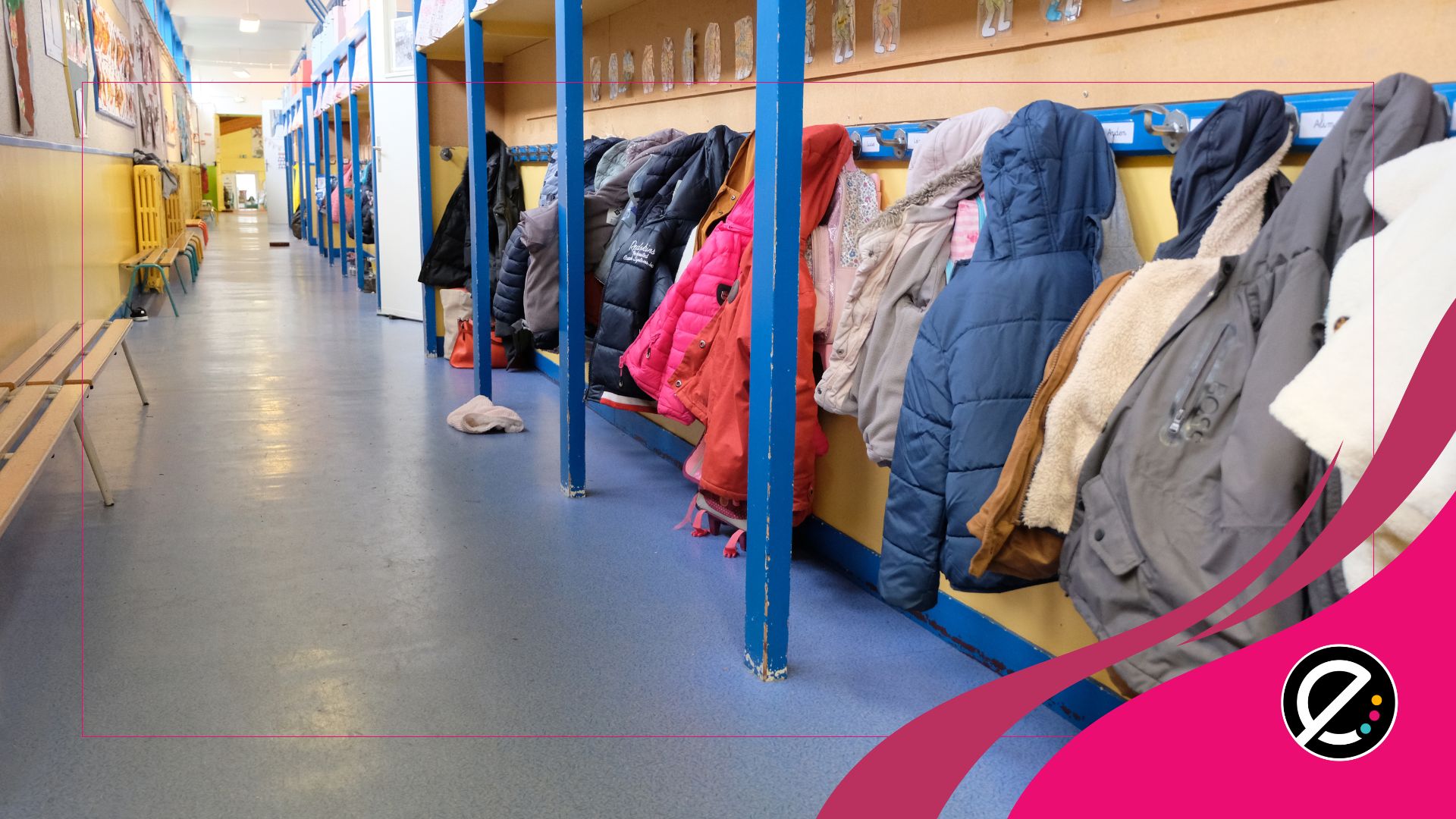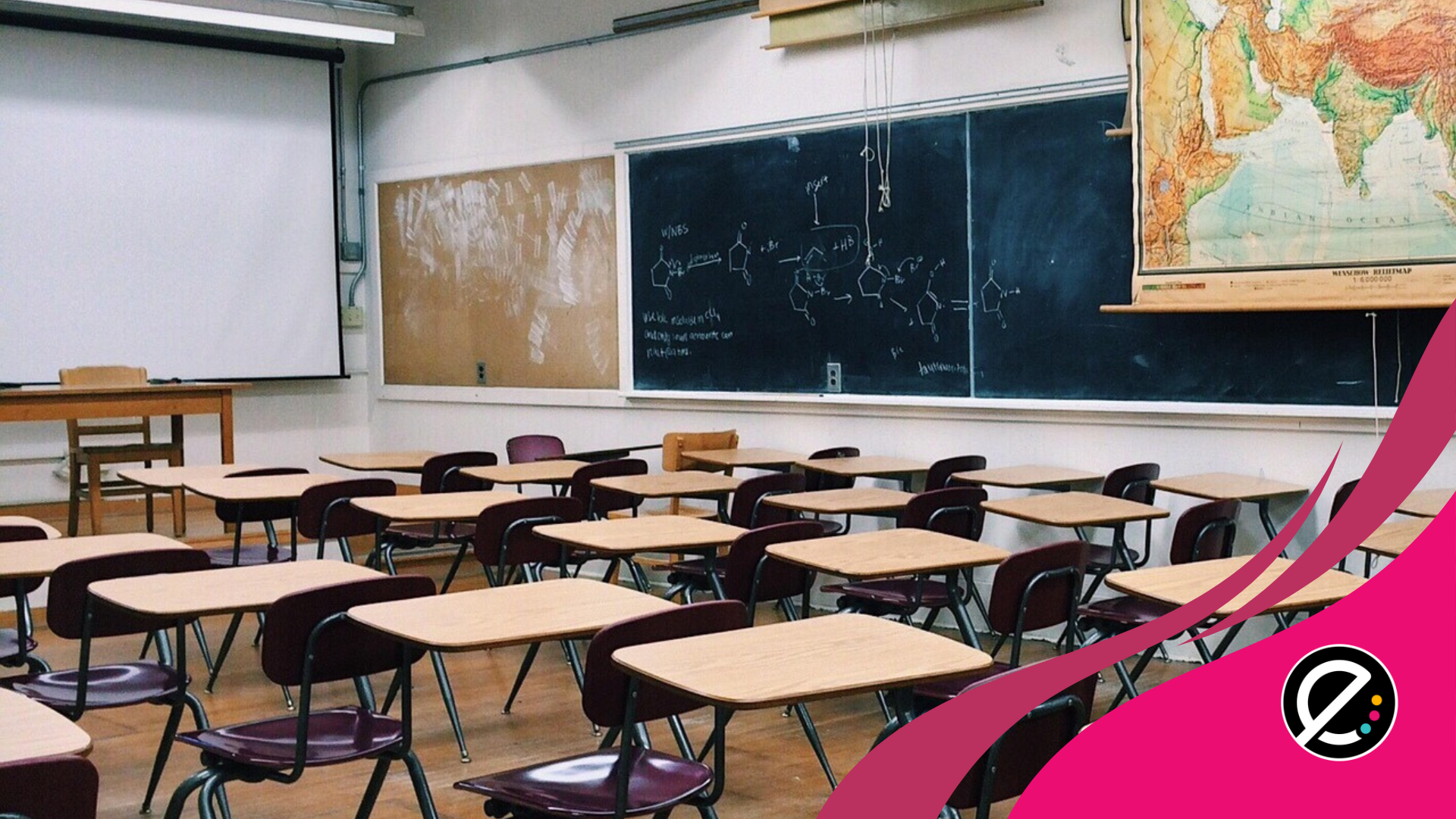Les bibliothèques se transforment de plus en plus rapidement. Tout récemment, on lançait pour le rappeler la Déclaration des bibliothèques québécoises, à voir sur le site « Ma bibliothèque, j’y vais ».
Une Déclaration des bibliothèques québécoises
Le 19 octobre dernier, le ministre de la Culture et des Communications du Québec, Monsieur Luc Fortin, a officiellement déposé à l’Assemblée nationale la « Déclaration des bibliothèques québécoises ».
Un site Web consacré à la Déclaration a aussi été mis en ligne à cette occasion. On peut y trouver le texte complet de la Déclaration ainsi que de courts témoignages de plusieurs personnalités connues sur l’importance de la bibliothèque — India Desjardins, par exemple, qui est particulièrement amusant.
On l’oublie souvent, mais les bibliothèques sont certainement un des lieux d’éducation les plus importants, avec l’école. Ce sont aussi parmi ces lieux qui jouent un rôle éducatif très longtemps dans la vie de quelqu’un. Dans de nombreuses villes, la bibliothèque est lieu culturel de loin le plus fréquenté, bien avant les salles de spectacle et les théâtres.
La Déclaration rappelle que « loin d’être un simple comptoir de prêt et de la salle de lecture d’antan, les bibliothèques se redéfinissent aujourd’hui comme des espaces de vie, des “troisièmes lieux” entre l’univers du travail et celui de la famille, des lieux où on aime passer du temps, apprendre et partager des expertises et des expériences ». Elle réaffirme aussi « la contribution incontournable des bibliothèques à la vitalité sociale, à la prospérité économique et à la richesse culturelle de la société québécoise ».
Au coeur des enjeux sociaux les plus actuels
Espace d’apprentissage du plaisir de la lecture, espace de formation, espace d’accompagnement dans la recherche d’emploi, espace d’intégration pour les néo-québécois — les bibliothèques sont plus que jamais au coeur des enjeux sociaux les plus actuels du Québec. En 2014, la Fédération internationale des associations de bibliothécaires et d’institutions (IFLA) déclarait même qu’en contribuant à un accès accru à l’information et à la connaissance et en soutenant une alphabétisation universelle, les bibliothèques constituaient un pilier essentiel du développement durable.
Les bibliothèques continuent de se transformer, et de façon de plus en plus rapide! En intégrant les technologies numériques bien sûr, mais également en redéfinissant leurs modes d’interventions dans certains milieux, dont les écoles primaires et secondaires.
C’est d’ailleurs le sujet d’un document intitulé La bibliothèque scolaire du XXIe siècle : un modèle en 4 axes, qui a été publié le 6 novembre sur le site de l’Association pour la Promotion des Services Documentaires Scolaires (APSDS).






